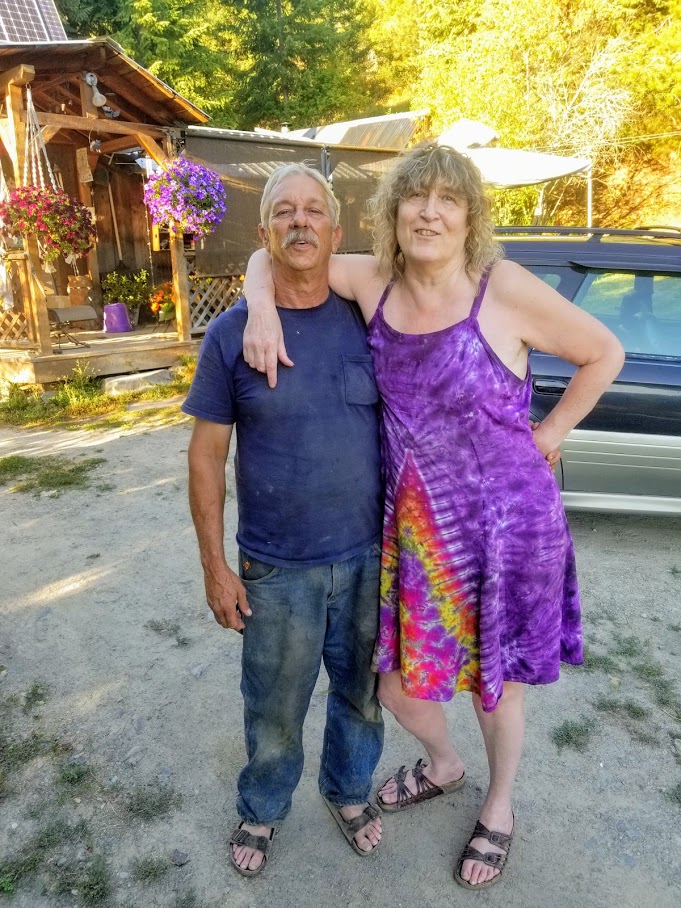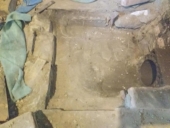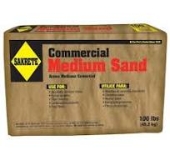Yes Josh;
A 33" burn tunnel is much to long.
That makes the roof of your burn tunnel 17" long.
Glenn has 8=9", I prefer 10", but have found 12" to work, but no more than that.
Your buddy is asking that slowed down 8" J to push through 6" pipes, again, not to specifications.
A recipe for an ash-plugged system.
I used a 2.5" gap on my 8" for seven years.
I also had a 48" riser. I recorded a 1100°F reading on an 8" glowing red circle on my barrel top.
The riser can be within an inch of the barrel on one side.
What kind of transition area is the barrel dumping into?
You asked why a long burn tunnel is bad.
To create the temperatures at which J-Tubes are recorded.
You must allow the gases free easy movement, although it looks like your J-Tube is burning properly, I assure you it is not.
The core portion of any RMH must be built to specifications if you expect it to work like we say it does.
In your example, the gases are slowed by their horizontal travel. When they reach the riser, they cannot get the 1800°F temperature that it is touted to reach.
This allows Ash to reach the transition area and enter the pipe system.
Increasing the riser height to compensate does not solve the problem.
After the riser, he is asking for 8" of hot gas to travel through a 6" pipe.
It fills with Ash, slowing it down to the point it will not light properly anymore.
I know this to be a fact, as my 15" burn tunnel roof, plugged with ash by mid-winter...
Prior to that, I thought I had a Bad Ass Rip Roaring J-Tube... I did not.
I believe it needs a rebuild to "factory" specifications, if he wants factory high-performance results.


 13 acres in extreme rural Montana 100% off grid since 1983. Solar and micro hydro. Summer time piggy farmer. Restoring 2000-04 Subaru outbacks wagons for fun and a little profit. Not quite old enough to retire YET but closing on it fast... until then I must occasionally leave Paradise "home" and run large construction cranes on union job sites across the inland northwest. I make (Well try) A-2 A-2 cheese, I love cooking with my wood smoker for everything! Would not live anywhere else but rural Montana ! My wife Liz runs "Rocks by liz" a successful Etsy store and we have a summer booth at the Missoula peoples market. We currently breed and raise persian cats but are about to retire all the girls and let them be happy kittys for the remainder of their days.Oh and my biggest thing is... I LOVE MY RMH !
13 acres in extreme rural Montana 100% off grid since 1983. Solar and micro hydro. Summer time piggy farmer. Restoring 2000-04 Subaru outbacks wagons for fun and a little profit. Not quite old enough to retire YET but closing on it fast... until then I must occasionally leave Paradise "home" and run large construction cranes on union job sites across the inland northwest. I make (Well try) A-2 A-2 cheese, I love cooking with my wood smoker for everything! Would not live anywhere else but rural Montana ! My wife Liz runs "Rocks by liz" a successful Etsy store and we have a summer booth at the Missoula peoples market. We currently breed and raise persian cats but are about to retire all the girls and let them be happy kittys for the remainder of their days.Oh and my biggest thing is... I LOVE MY RMH !




